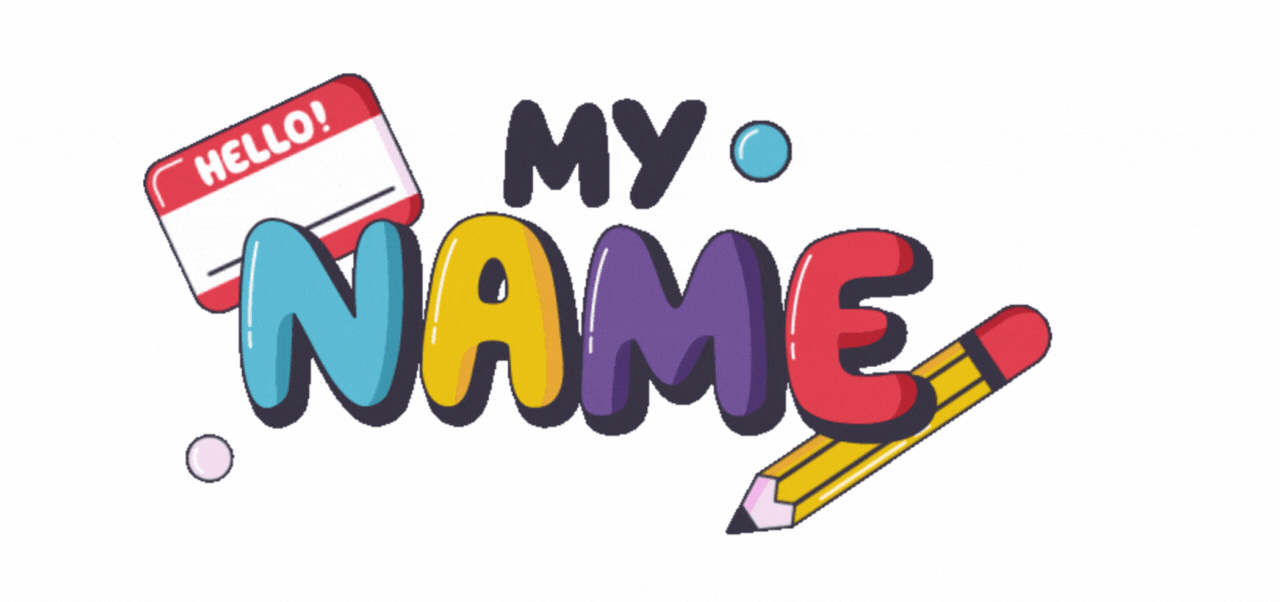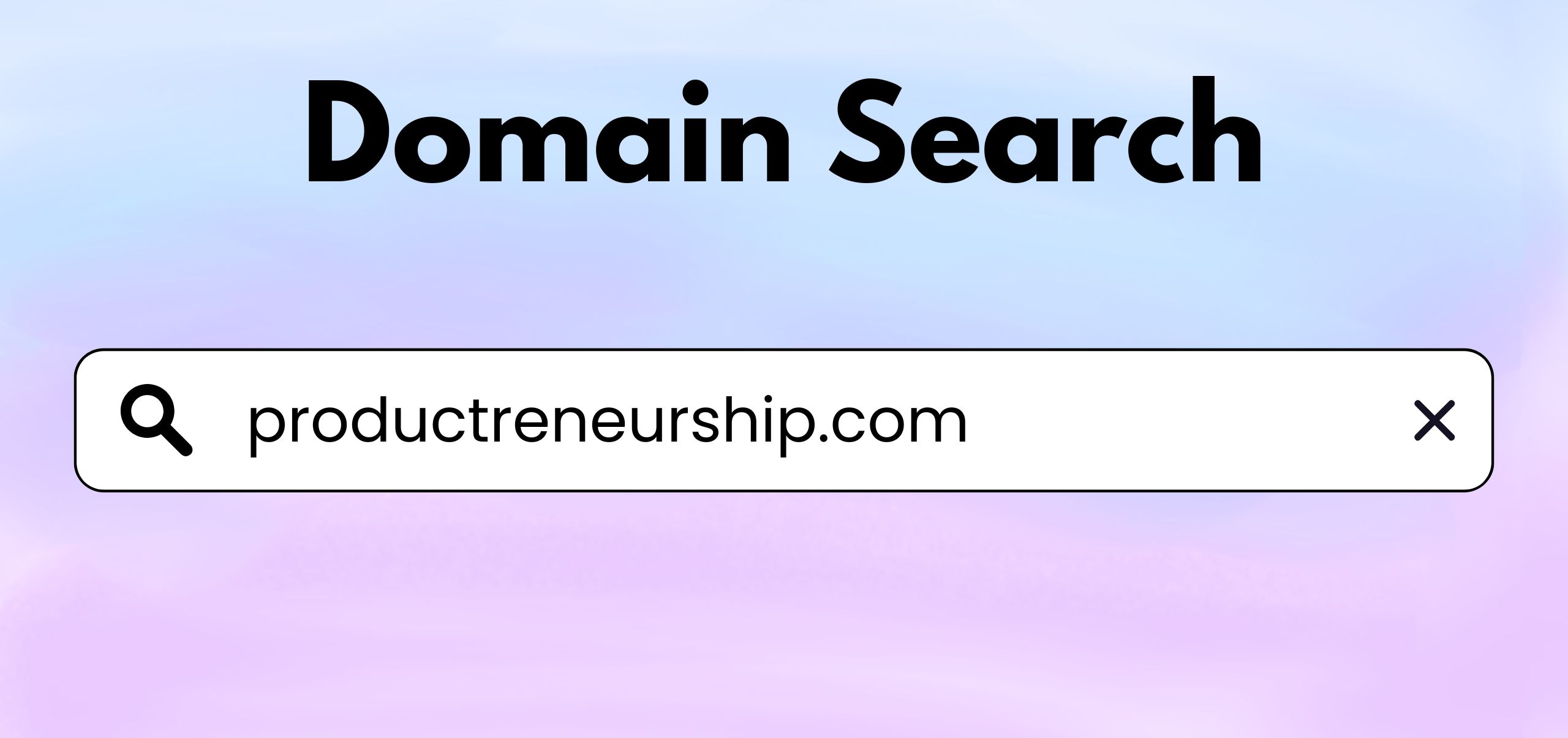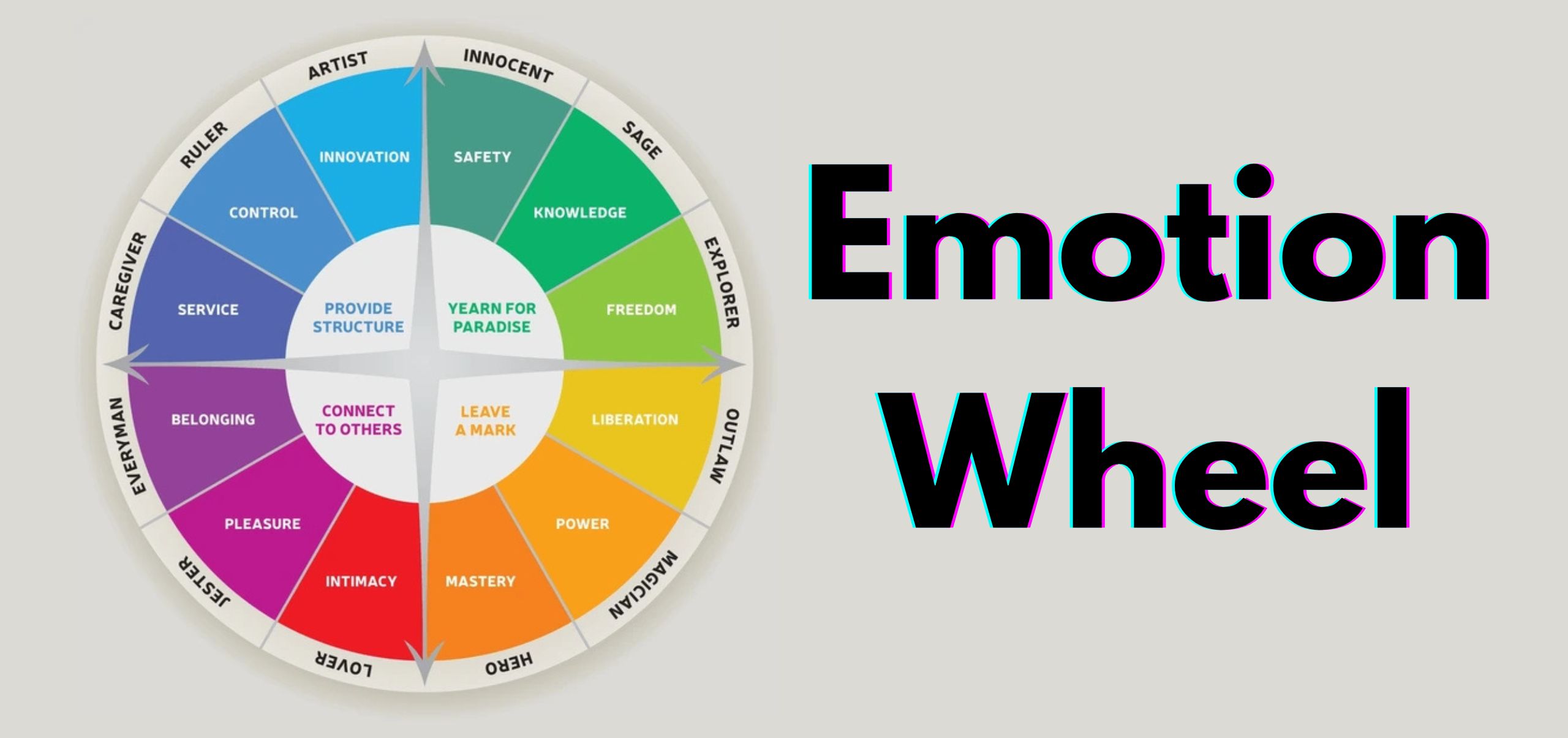A business name is not just a label you print on a sign or place on a website. It is the foundation of your brand identity, the very first interaction people have with your business, and a signal of what they can expect from you. The right name can spark curiosity, inspire trust, and remain in the minds of customers for years. The wrong name can make your business harder to find, harder to remember, and harder to grow. In this article, we explore what makes a good business name and the key factors you should consider before making your choice.
💼 Why Your Business Name Matters?
Your business name is often the very first marketing tool you use. People will see it on your website, your social media pages, your packaging, and even in word-of-mouth recommendations. A strong name can:
-
Create a strong first impression that shapes how customers see you before they know your business
-
Improve brand recall, helping customers easily remember and refer you to others
-
Increase searchability, making it easier for potential customers to find you online
-
Support brand storytelling by giving people an emotional and conceptual anchor for what you do
Think of it as your brand’s front door. It should invite people in, make them feel confident they are in the right place, and give them a sense of what to expect.

🔹 1. Be Clear About Your Brand Identity
Before you start generating names, you need a clear picture of what your brand stands for. If your business were a person, how would it speak? How would it dress? How would it act?
Ask yourself:
-
Are you aiming to be modern and innovative, or classic and timeless?
-
Are you targeting professionals with a formal tone or everyday consumers with a friendly approach?
-
Are you selling premium products or affordable essentials?
Defining your brand personality will make it easier to filter out names that might sound good but do not align with your vision.

🔹 2. Keep It Short and Memorable
A short, memorable name is easier for customers to remember, repeat, and type into a search bar. This is why so many successful brands choose names with one or two words. However, short does not mean meaningless, even brief names should carry a sense of purpose.
1–2 words
Pros: Easy recall, quick to say
Cons: May lack descriptive detail
3–4 words
Pros: Balanced clarity and memorability
Cons: Slightly longer to type or say
5+ words
Pros: More descriptive
Cons: Can be forgettable or hard to fit in designs
Test your ideas by saying them out loud, imagining them in conversations, and writing them in different formats. If a name feels awkward or is easily misspelled, it might not be the right fit.

🔹 3. Make It Unique and Protectable
Your business name should stand out in your industry. A name that is too similar to a competitor can cause confusion, dilute your brand, and even result in legal issues.
Before you commit:
-
Search for existing trademarks in your country
-
Check domain name availability for a matching website address
-
Search social media handles to ensure you can maintain brand consistency across platforms
If you find a perfect name that is already in use, resist the temptation to change just one letter or add an extra word. That can still cause brand confusion and make you look less original.

🔹 4. Focus on Emotional Connection
A business name is not just functional, it can trigger emotions, memories, and feelings in your customers. Names that connect emotionally tend to be more powerful because they go beyond simply describing a product or service.
Examples:
-
BrightPath Consulting suggests optimism and guidance
-
SteelEdge Solutions suggests strength and resilience
-
CozyNest Interiors suggests comfort and warmth
Decide what emotion you want your audience to feel when they hear your name. Should it make them feel inspired, safe, excited, or curious? That emotional resonance can be the difference between a name that blends in and one that stands out.
🔹 5. Consider Cultural and Global Usability
In a connected world, even local businesses can reach global audiences. This means you need to consider how your name will be understood in other cultures and languages.
Watch out for:
-
Negative meanings in other languages
-
Difficult or awkward pronunciations
-
Heavy use of local slang that could confuse outsiders
A name that works internationally can save you the trouble of rebranding later if you expand your business beyond your current market.

🔹 6. Test It in Real Scenarios
Even the best-sounding names on paper can fail when tested with real people. Before making your choice final, get feedback from your target audience, friends, or professional contacts.
Ask them:
-
What does the name make you think of?
-
Can you spell it after hearing it just once?
-
Does it sound professional and trustworthy?
You can also run quick online polls or A/B tests to compare name options. Feedback helps you catch potential issues and confirm you are making the right choice.

🔹 7. Plan for Future Growth
A name should be broad enough to allow for expansion into new markets or product categories. If your name is too specific, it might limit you later.
Example:
-
London Cakes works if you plan to only sell cakes locally
-
SweetCrave works if you want to expand into chocolates, pastries, and other desserts in different locations
Choosing a future-proof name now can save you the cost and risk of rebranding later.

💡 Final Thoughts
A great business name blends clarity, creativity, and strategic thinking. It reflects your brand’s personality, connects emotionally with your audience, and is simple to remember. It should work in different contexts, be legally protectable, and leave room for growth.
Choosing the right name takes effort, but it is worth it. Your name will appear everywhere your business does, so make sure it works as hard as you do.
📌 Looking for more resources like this?
You’re in the right place. Everything on Productreneurship is free, easy to understand, and created to help everyone succeed.

